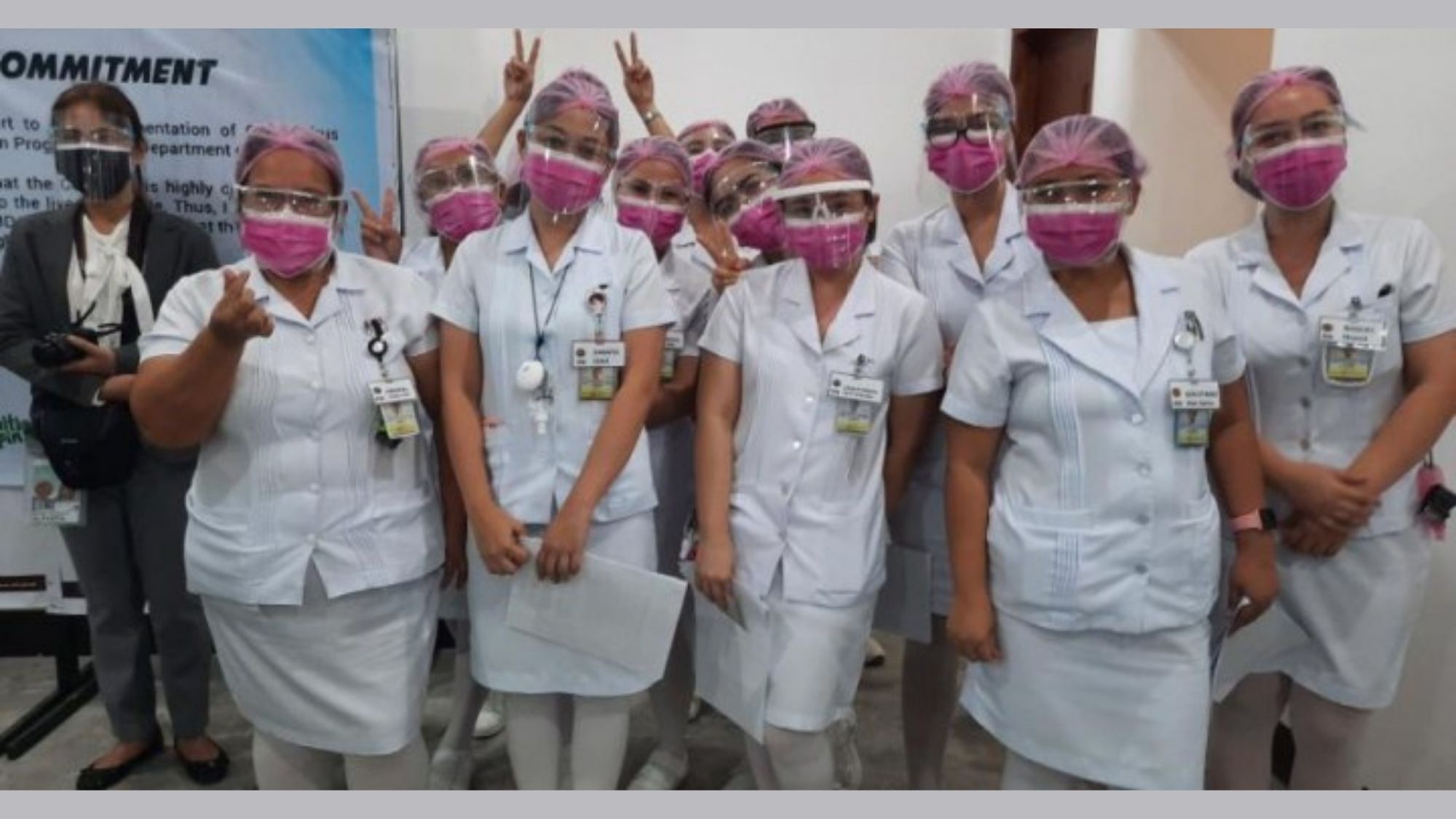A congresswoman has urged the Commission on Higher Education to revisit its 2010 moratorium on new nursing programs to ensure adequate supply of nurses here and abroad in future pandemics.
A solon has asked the Commission on Higher Education (CHED) to revisit—with a view to end—the moratorium of new nursing programs that it imposed 11 years ago, to ensure adequate supply of nurses here and abroad in future pandemics.
Bohol Representative Alexie Besas Tutor, vice chair of the House committee on health and member of committee on higher and technical education, said she has written to CHED to “revisit” its Memorandum Order. No 32, series of 2010, which imposed a moratorium on new baccalaureate nursing degree program offerings in our colleges and universities.
“The end in view is the offering of new nursing programs starting by 2022 at the earliest and 2023 at the latest,” Tutor said in a press release.
The 2022/2023 end-line or one to two years of flexibility is meant to allow for the conduct of detailed studies to ascertain the specific labor supply needs in the country’s regions and globally.
“We want the lifting of the nursing program moratorium to be evidence-based, not merely anecdotal or general suppositions,” she added. “Eleven years is enough time for conditions to have changed since before 2010. I believe those conditions have changed much.”
“Lifting the nursing moratorium could also start with allowing some or all the Level V and Level IV state universities and colleges and the private colleges and universities with autonomous and deregulated status, and the centers of excellence in nursing education.
This particular action would be the quickest to execute because these categories of higher education institutions are of the highest quality among the many HEIs.”
Wages, working conditions
In her statement, Tutor said the nursing problem in the Philippines is not so much that of supply, but more of low wages and benefits, as well as delayed payment of those wages and benefits.
“Our local hospitals are merely preparatory ground for eventual seeking of overseas jobs. The pandemic experiences of the emergency hiring of nurses, med techs, contact tracers, and BHERTs are dismaying proof of how poorly the government treats health professionals,” she noted.
“In the meantime, the BPO sector is absorbing some, but not much, of the local oversupply of nurses. The BPO sector has become the second option for thousands of nursing graduates and nursing board passers unable to find gainful employment.”
The congresswoman also pointed out a “wide disparity” between labor labor working conditions in government hospitals compared to private facilities.
“Another problem is the language proficiencies of nursing graduates, which is more acute when they seek work overseas where there are language tests to hurdle. Many Filipino applicants fail to get accepted overseas because they fail the language tests,” she said.
Tags: #nursing, #CommissionOnHigherEducation, #hospitals, #Covid19
